To better understand how the neuroscience nurse role looks in different parts of the world, we are interviewing nurses about their work and life.
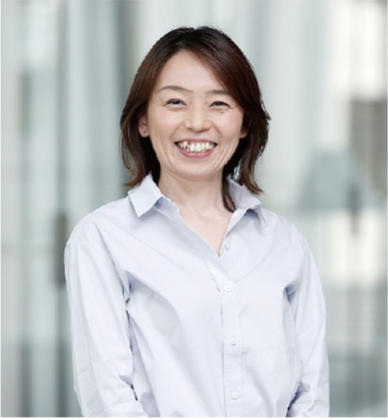
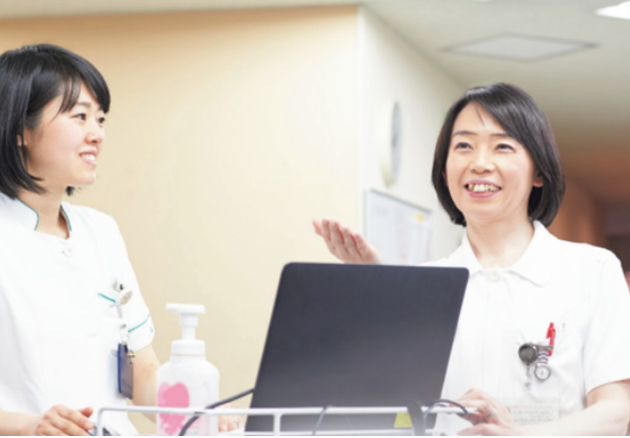
Today we are honoured to interview Nobuko Okubo, an Associate Professor at the School of Nursing, St. Luke’s International University in Tokyo, Japan, and who occasionally practices as a nurse on the neurosurgery ward of St. Luke’s International Hospital.
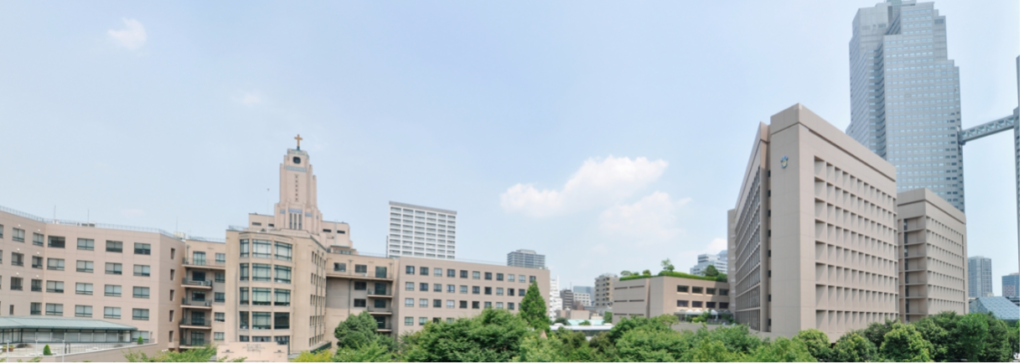
How long have you held this position?
I have been a university teacher for 20 years and been engaged in clinical nursing for 30 years. I have been offering Neuroscience Nursing since 2016 to train CNSs and researchers in the graduate education program at St. Luke’s International University where I am the director.
Did you need special education or certification to have this position?
I have a PhD and master’s degree in nursing from St. Luke’s International University.
After obtaining my doctorate, in order to start a CNS’s course in Neuroscience Nursing at our university, I consulted Dr. Virginia Prendergast, who was the President of WFNN at that time, and observed Neuroscience Nursing around the world for 9 months.
I stayed in Australia for two months to observe neuroscience nursing with the support of Ms. Vicki Evan. In England, I stayed in Manchester and Oxford for two months with the support of Ms. Ruth Trout and Ms. Mary Braine. In the U.S., I stayed in California for 2 months with the support of Ms. Christi Delemos, former President of WFNN, and in Arizona for 3 months with the support of Ms. Virginia.
I am using these 9 months of global learning for the current education and development of neuroscience nursing in Japan. Currently, our university has produced 11 graduates in Neuroscience Nursing, with 6 in the Master’s program and 4 in the Doctoral program.
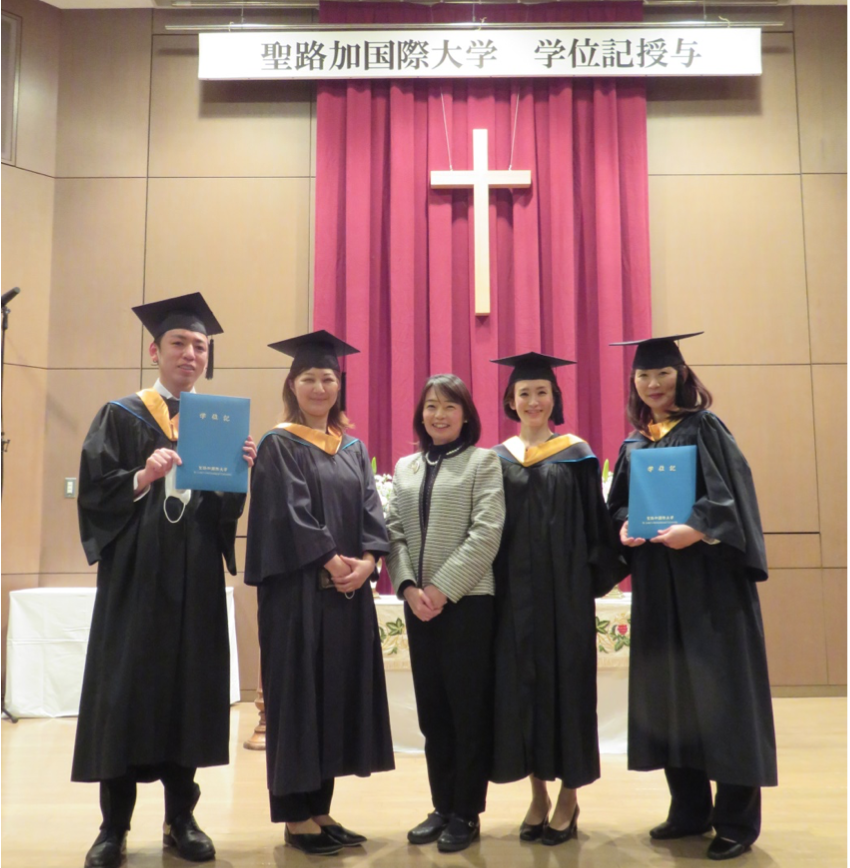
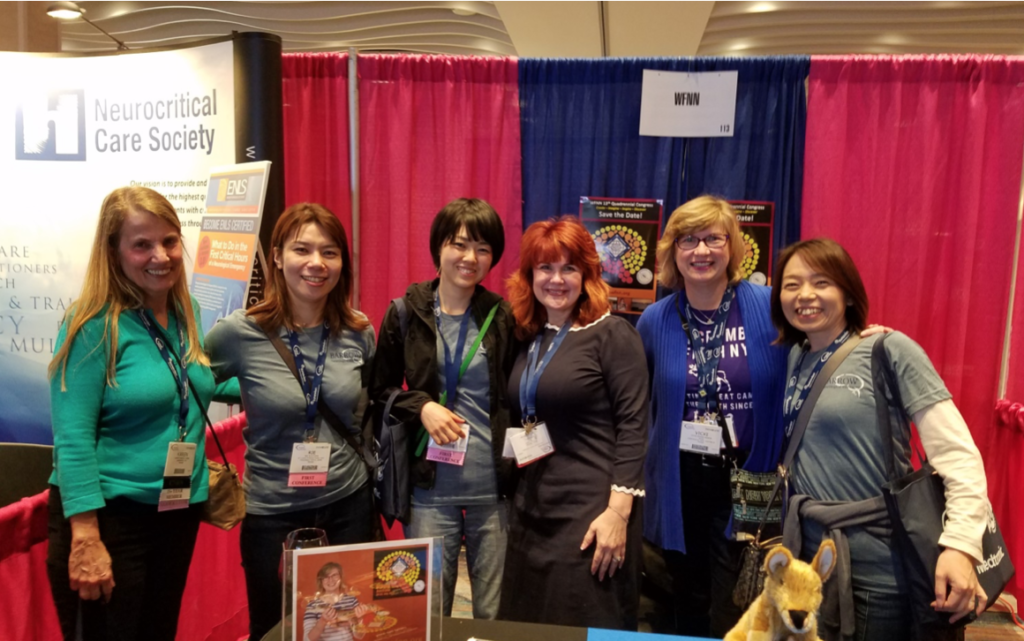
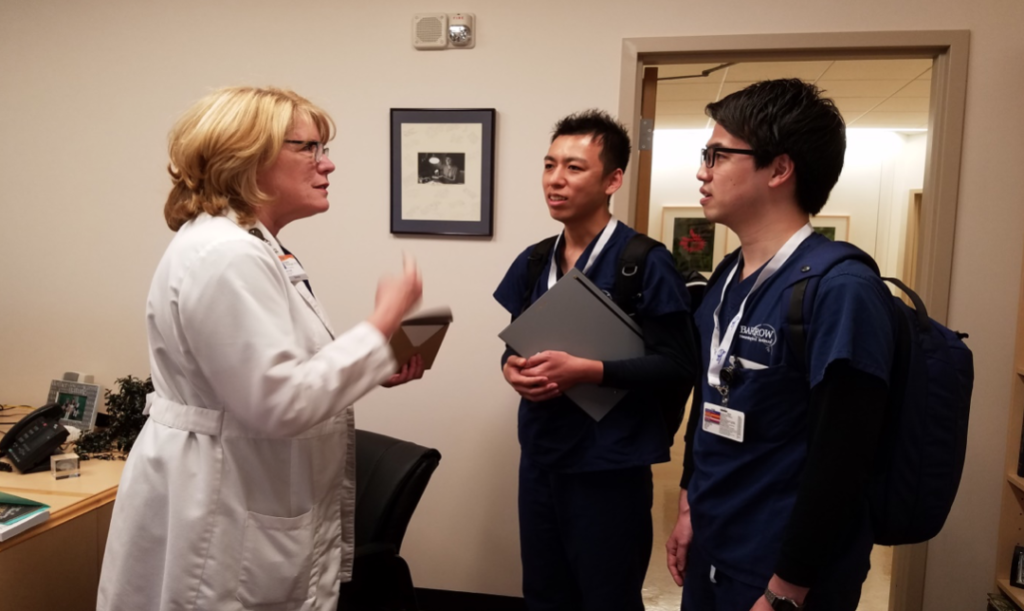
What is a typical day in your life?
I wake up at 6:00 a.m. and go to work in time for my 8:30 a.m. class at the university. I usually go home after finishing my classes until 5:30pm. I am teaching a class in my graduate program with an American nurse practitioner. Once a month, on Fridays, we hold a neuroscience nursing research meeting with graduate students, alumni, and other faculty members to present our research and exchange ideas. But now, I am holding the online research meeting because of the COVID-19 disaster.
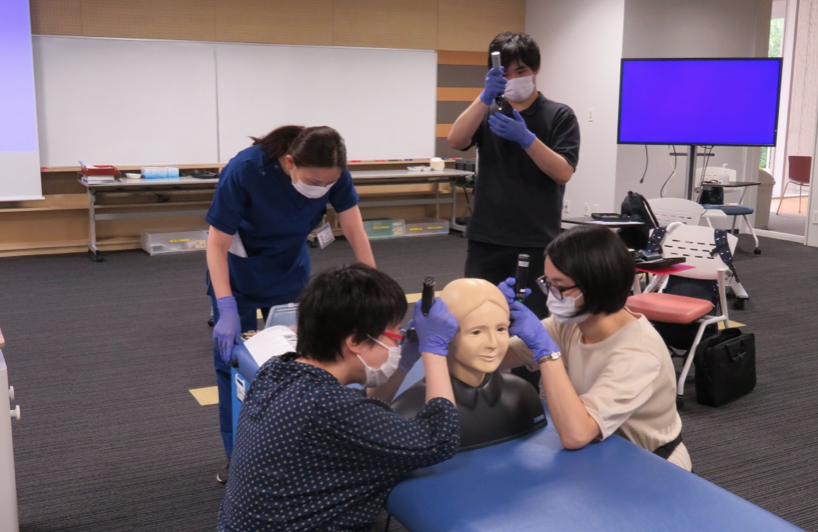
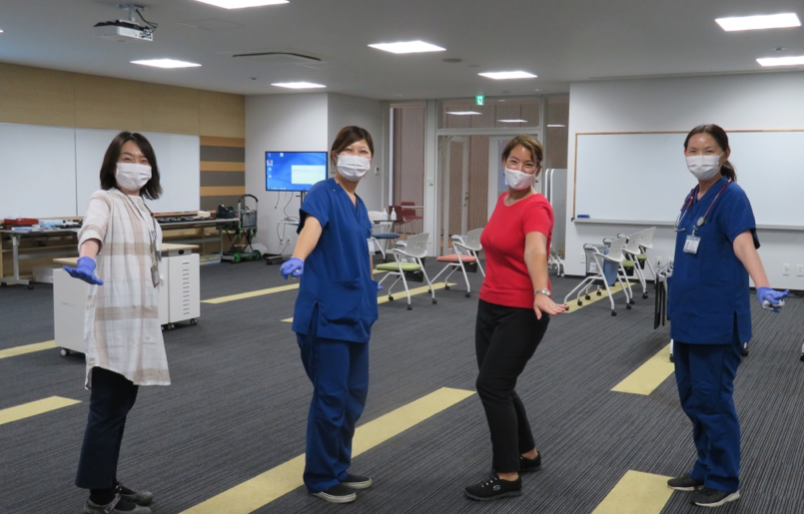
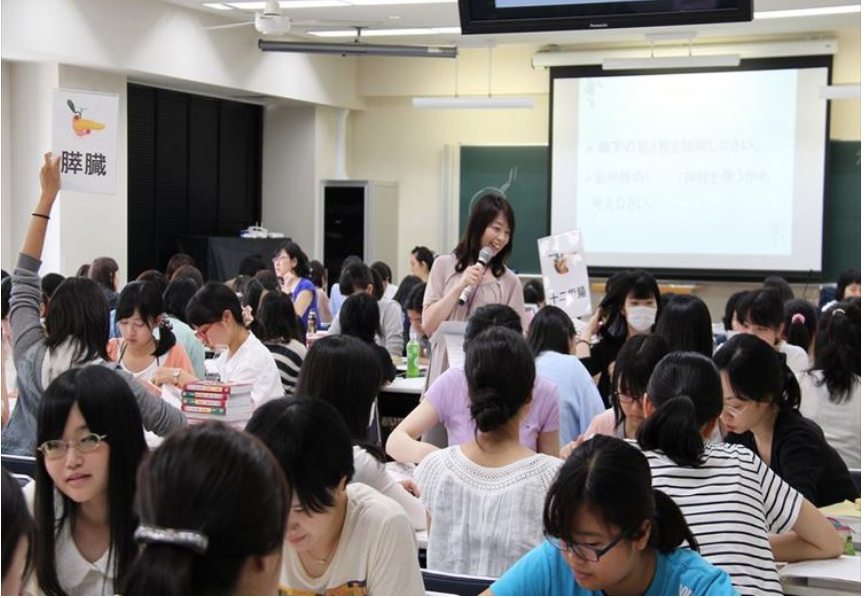
Once or twice a week, I visit the hospital wards to provide consultation on research and support for nursing care. I also supervise master’s thesis and doctoral dissertation in between classes. On weekends, I participate in Japanese nursing conferences.
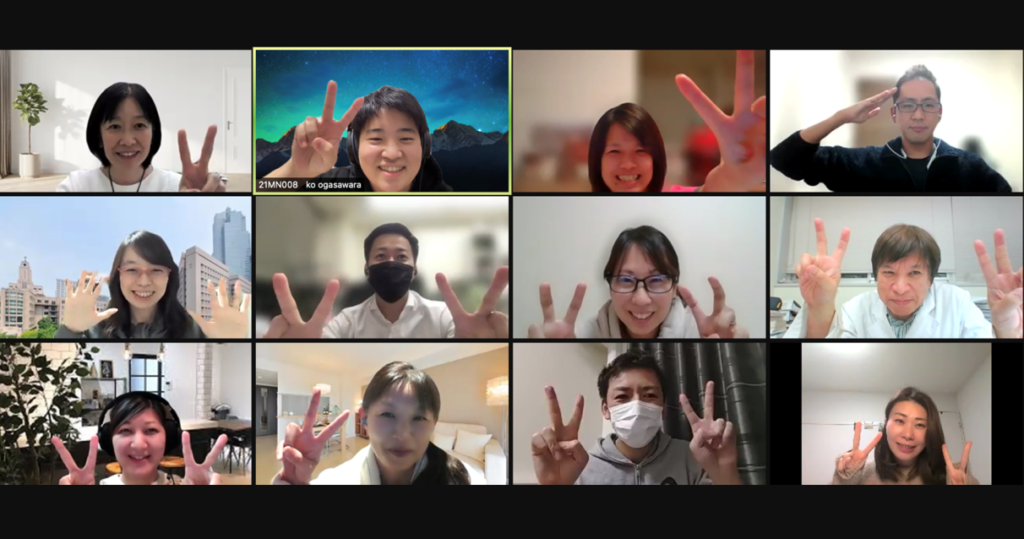
In November, I participated in the AANN virtual conference with graduate students from our university.
On my days off, I go to the gym with my husband, take walks, and watch baseball games. I am sad that I can’t eat out or go sightseeing with my husband because of the COVID-19 disaster.
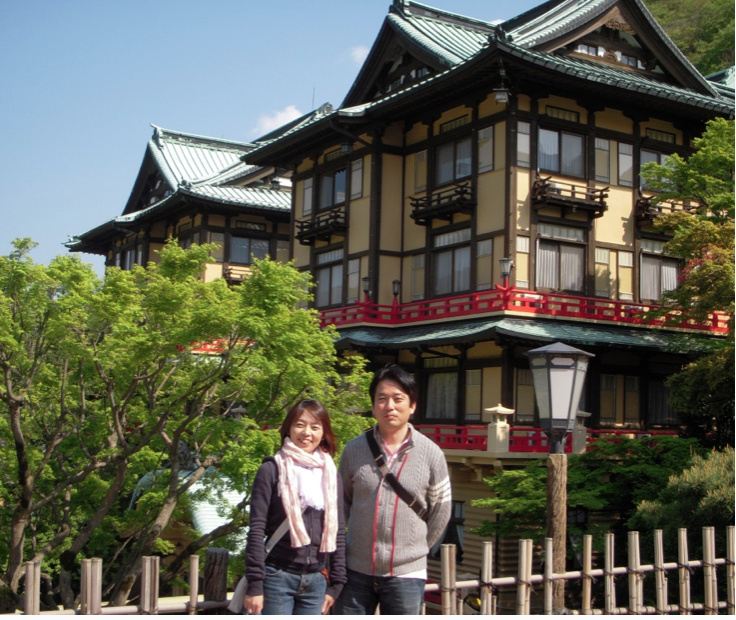
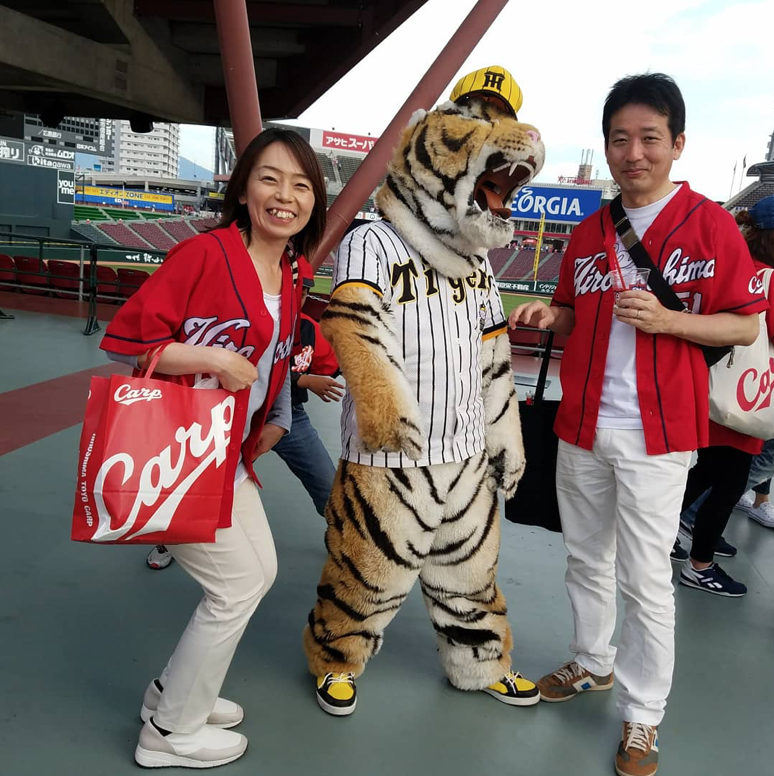
What is the most rewarding part of doing your work?
The most rewarding thing is when I am mentoring graduate students and subordinates, I feel the future of neuroscience nursing. The most difficult thing is also teaching graduate students and subordinates. Although it is difficult, it is rewarding and a challenge for me.
What is something about your role that you think would surprise others if they knew it?
From the small island nation of Japan, we are making a small contribution to the development of neuroscience nursing around the world, and we are praying for its development, and before the COVID-19 disaster, we were interacting with you globally!
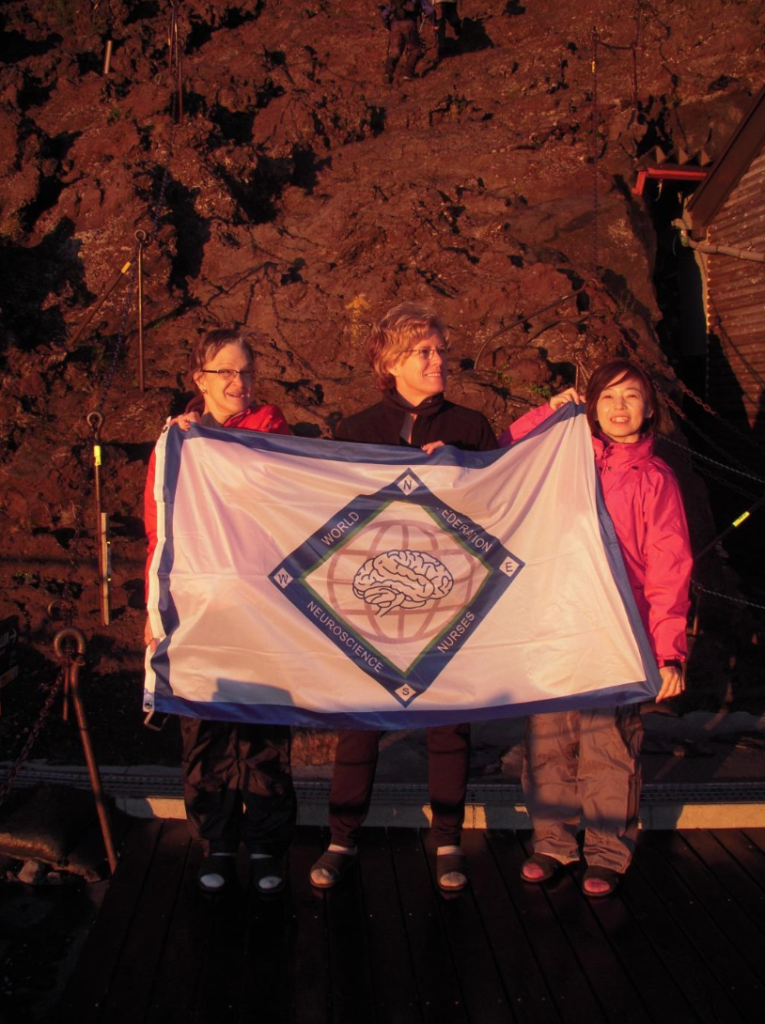
If you would like to nominate a neuroscience nurse for this Spotlight series, please complete our contact form.
